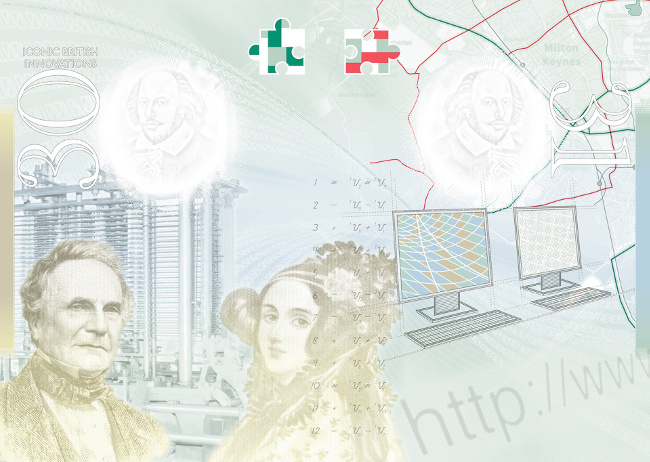Launching bureaucratic stationary is becoming an increasingly vexed proposition for any Whitehall wonk, and so it’s no surprise that feminists have had a bitch fit over the preponderance of men in the redesign of the British passport.
By the Guardian’s count a mere two women appear in the redesign, though Queen Victoria’s image can also be seen on the Penny Black stamp, and two other nameless women appear elsewhere.
But no matter. The point is that there are too many men on the images, and not enough women, or so argue the likes of Caroline Criado-Perez, who was last seen organising a campaign to put more women on banknotes.
https://twitter.com/CCriadoPerez/status/661613708553166849
The argument is plainly so trivial you almost want to yield to the feminists so you can better spend your time finding the last Riddler trophies in Batman: Arkham Knight. But that would be to ignore the ugly logic inherent in Criado-Perez’s creed.
In a follow-up piece for the International Business Times, she addressed the central argument against her position, that because of historical sexism men have simply done more noteworthy things:
“But this logic, while in some ways faultless, fails on a number of fronts, the most obvious being that the passport does not make clear that the reason there are fewer women is because they are making some kind of feminist statement about historic discrimination.”
The passport’s designers have no obligation to portray their work as a “feminist statement”, because it isn’t one. It is merely a representation of reality, as any Briton with the most cursory knowledge of history would recognise.
Criado-Perez is stronger noting the unfairness of who we remember in history, though such an extensive reworking of our past is beyond the budget of the Home Office, let alone the Passport Office.
Yet she then goes on to make the following argument:
“The erasure of women from our history and present does matter. The burgeoning field of role model research has repeatedly proven the tangible and significant difference the presence of role models makes to women, from improving their performance in maths tests, to increasing their awareness of — and involvement with — politics.”
Note that Criado-Perez does not link to said research (to be charitable, perhaps the subs are to blame), nor reflect that some synonyms for “burgeoning” would be “inchoate”, “developing”, or “subject to revision, perhaps extensive”.
But the main problem is the implied idea that our appreciation of human achievement should be divided across sexual, or even racial or other demographic lines. Not only does it dismiss men’s work for being made by men, but it praises women’s work for the sheer fact of being made by women.
It is almost as if girls cannot use men as role models. But there’s no reason why a young girl should not want to take up science after studying Charles Darwin, one of those who discovered evolution by natural selection, or to take up politics after reading about the Second World War leader Winston Churchill.
Indeed the Tory party hardly lacks for men who hold up Margaret Thatcher – a women, by most accounts – as their political hero. If men can appreciate talent across gender lines, so too can women.
As such the reason the Passport Office should ignore the likes of Criado-Perez is not merely because they wish to turn history into some kind of pro-women propaganda rather than focus on the facts; It’s because doing so would be to cave to exactly the kind of divisive politics that makes modern feminism so nasty.
Image Credit – UK Passport Page, via the Passport Office
